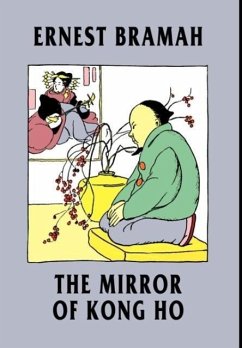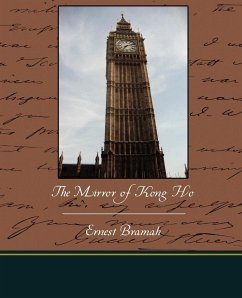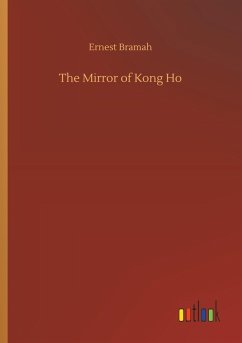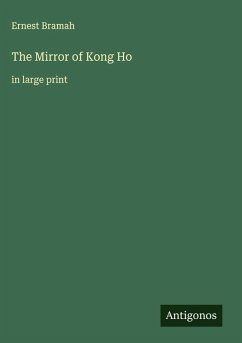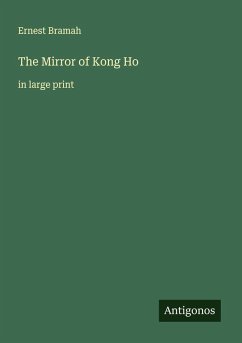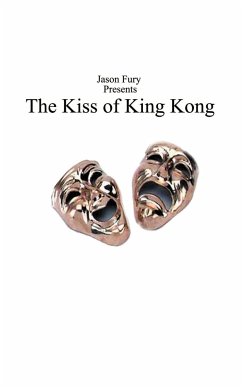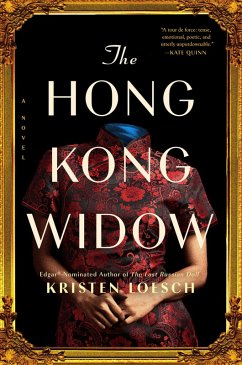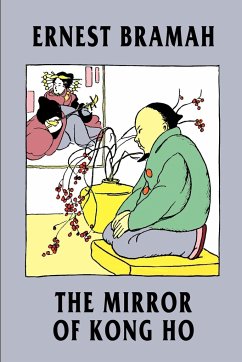
The Mirror of Kong Ho
Versandkostenfrei!
Versandfertig in 1-2 Wochen
17,99 €
inkl. MwSt.

PAYBACK Punkte
9 °P sammeln!
This lively and amusing set of stories, constructed as a series of letters dealing with the oddities and eccentricities of the West, are purportedly by Kong Ho, a Chinese man visiting early 20th century London. These letters, addressed to his homeland, refer to the Westerners in London as barbarians and reinterpret many elements of modern life (such as the motor car and the piano) with the wit, wisdom and wry sense of humor that suffuses the best of Bramah's Oriental works.





